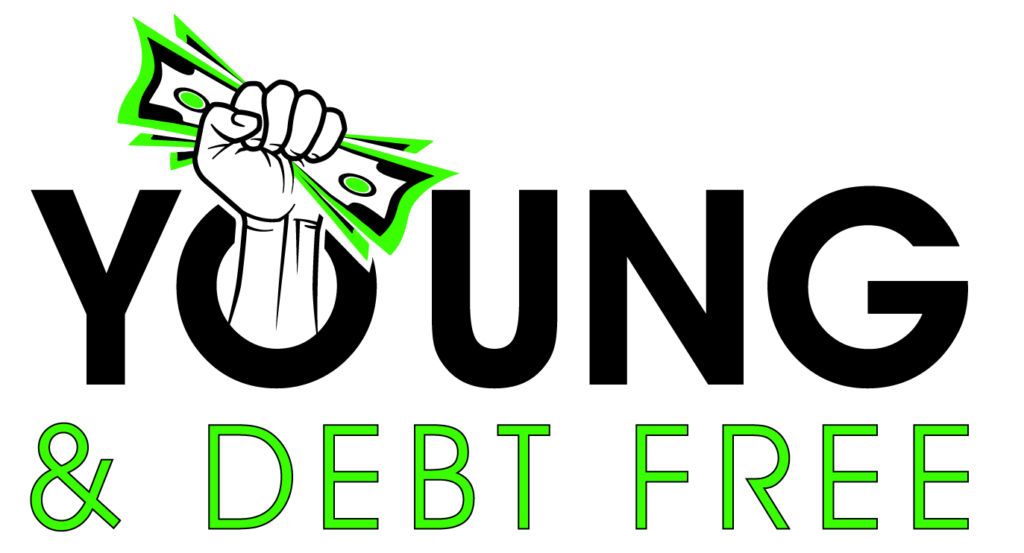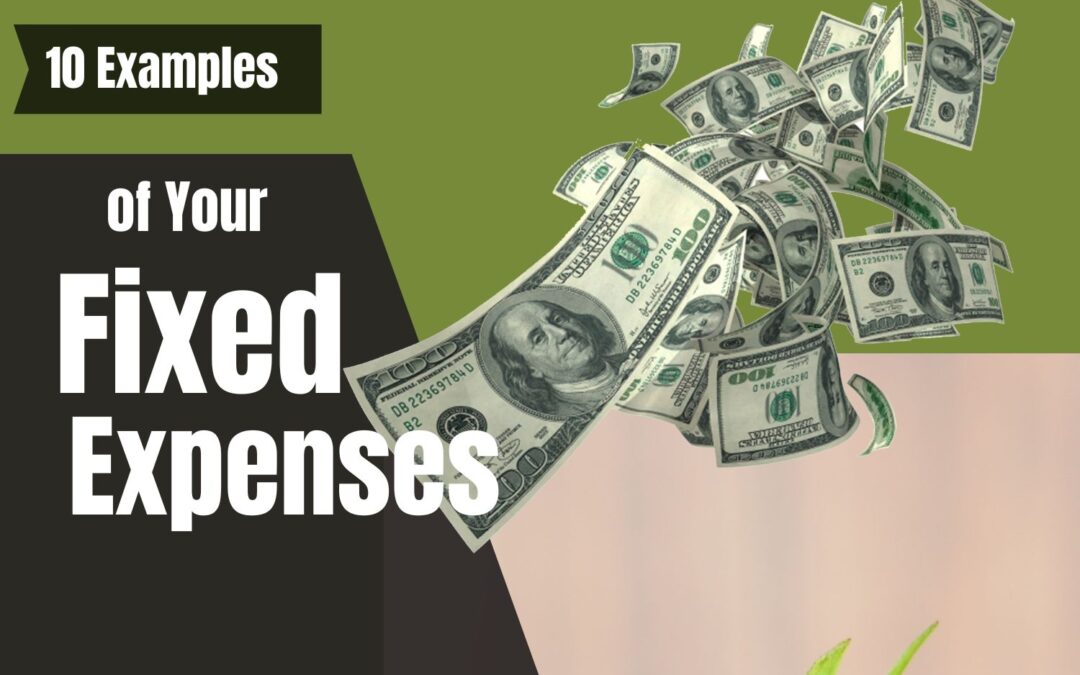Fixed expenses in a budget are regular, predictable costs that remain relatively stable from month to month. These expenses are essential for maintaining your lifestyle and are usually consistent in their amounts. Examples of fixed expenses include:
- Housing Costs: Rent or mortgage payments, property taxes, and homeowners or renters insurance.
- Utilities: Regular bills for electricity, gas, water, internet, and phone services.
- Loan Payments: Monthly payments for car loans, student loans, personal loans, or any other fixed-term loans.
- Insurance Premiums: Payments for health insurance, life insurance, or any other insurance policies you may have.
- Transportation: Costs related to car payments (if you have a fixed monthly payment), public transportation passes, or similar commuting expenses.
- Subscription Services: Payments for streaming services, gym memberships, or any other subscription-based services.
- Childcare: Regular payments for daycare, after-school programs, or babysitters.
- Debt Repayments: Fixed payments towards credit card debt or any other outstanding debts.
- Memberships: Payments for professional associations, clubs, or memberships you’re a part of.
- Taxes: Fixed portions of your income that go to federal, state, and local taxes.
These expenses are considered fixed because they generally don’t fluctuate significantly month to month. Budgeting for fixed expenses is relatively straightforward because you know the amounts and the due dates in advance, allowing you to plan your budget accordingly.

